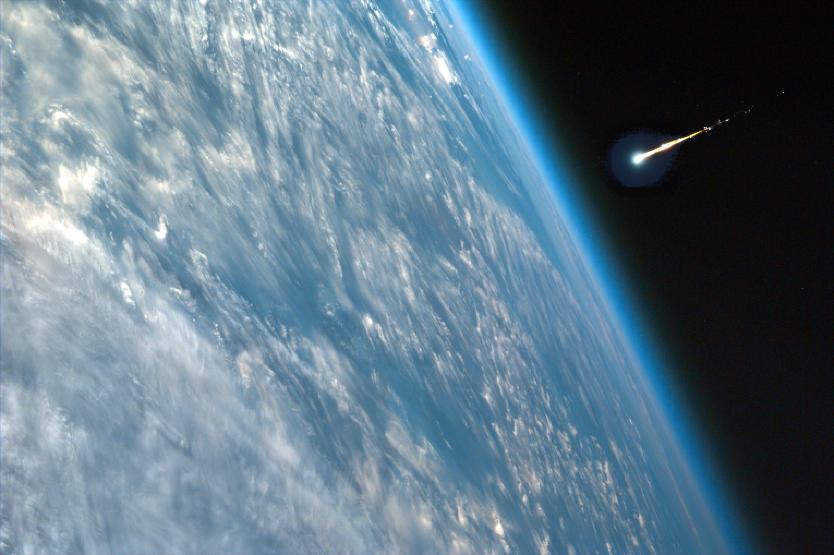
Edwin Woodhall is an artist, accustomed to a subsistence living in the Midwestern United States, who travels to his brother's home in California. Once there, a chance meeting of a woman on the beach sends Edwin's life into a strange arena full of mysterious women dressed in lavendar, ghosts that guard buildings, energy portals from above, and shapeshifting aliens. Edwin welcomes all this, eventually getting involved with introducing alien technology to the Earth.
Review by Ethan William Bowers:
Edwin and the Metamorph is an excitingly unfettered account of love and the difficulty humankind has in understanding ourselves and the world around us. Dean Krause’s ethereal and transparent prose leads readers on a journey with Edwin, a confused but uncommon man living in a world in which he feels he does not belong. Loka, a woman with mysterious origins emerges as an extraordinary influence on Edwin’s life. Employing a particularly enigmatic cast of characters, Krause captures the unexplored adventures and perplexity associated with the science fiction genre. At the same time, Krause incorporates a delicate story of affection between two unique spirits and the interconnectedness missing in society at large. Krause’s narrative builds upon themes familiar to readers such as the development of humankind in its celestial endeavors, but he also avoids expounding upon the tiredness of the cosmos. Edwin and the Metamorph is a truly exceptional story devoid of blasters, light sabers, and green aliens, but instead providing a more intimate understanding of the universe, inter-spiritual relationships, and the way people should care for themselves and one another on a daily basis.
About the author:
As a child, growing up in Indiana, Dean Krause studied archaeology, paleontology, and geology from the early age of 4, encouraged by his older brother Steve. As Dean could read by the age of 3, his studies expanded quickly. Eventually, he was persuaded away from the occupation of archaeologist, as not profitable, and even more so by his own deficient mathematics skills.
His interests in science and science fiction continued to grow, and eventually he discovered that the abstract thinking surrounding both came to him easily.
In 1972, he read Journey to Ixtlan by Carlos Castaneda, and wanted to seriously discuss the contents, but found nobody willing to do so. This set him deeper on a path of self-learning of arcane and eccentric knowledge.
For a time he was enthralled with radio frequency electronics, and even worked in that field in several telecoms. The reality of such work, more often than not, isolate the person from the outdoors; after a few years, he’d had enough of that. So he worked in many short lived occupations, in bicycle shops, hardware stores, a giant commercial photo lab, and briefly at an auto auction house.
In his free time, his interests in archaeology were reignited. When he began to travel to Guatemala and southern Mexico to study the Mayan culture, and later the Shaman. His travels expanded to Belize, Costa Rica, El Salvador and Honduras. He has since studied Shamanism in the United States with John Perkins and Lyn Roberts, and more recently with Sandra Ingerman. Thus returning back to the subject of Castaneda.
In 1987 a friend introduced him to the art of making kaleidoscopes, and he taught himself how to build the mechanisms, miniaturized them and integrated these devices into silver jewelry. This business did well for a few years, and he still dabbles in this craft.
At about the same time, he encountered the now defunct Center for Mind/Body Education, run by psychologist Conrad Satala and his artist wife, Ilene. Through the Satalas, an introduction to W. Brugh Joy, MD had a massive effect on Krause. It was here that Krause learned firsthand information about human energetics and transformational psychology. Much of his reading had led him up to this experiential part of the equation.
In the writings of Dean Krause, you will find quite a mix, of unusual facts and lines of thinking that diverge from the tried and true paths normally associated with science fiction. He takes stereotypical characters and stories and bends them into interesting and often metaphysical revelations.
He has always used humor as a tool to cope, and build friendship, and he continues to do so in his writings.
